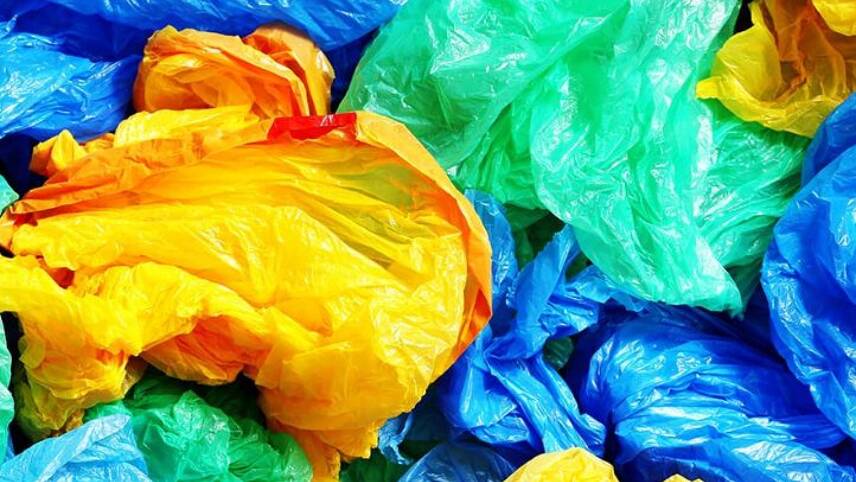Register for free and continue reading
Join our growing army of changemakers and get unlimited access to our premium content

Supermarkets were able to donate £10m to charities last year as a result
The 10p plastic bag charge came into effect in May last year. The original date for this introduction was scheduled for April 2021.
The Department for Food, the Environment and Rural Affairs (Defra) first began consulting on the proposed changes in 2018, but the process of implementing the results faced delays as a result of Brexit, the 2019 general election and Covid-19. It built on the original 5p charge that was introduced in 2015.
At the time Defra statistics showed that 95% fewer single-use plastic bags were sold in supermarkets on a monthly basis than they were before the bag charge was introduced in 2015. On a per-person basis, bag purchases annually have fallen from 140 to four since 2014. The Government expected the use of single-use carrier bags to fall by a further 70-80% for small and medium-sized businesses.
New figures released today (29 July) by Defra show that, since the introduction of the 10p charge, a further 20% reduction in plastics bags has been achieved across the UK, from 627 million in 2019/20 to 496 million in 2021/22. In total, the reduction has reach 97% since 2015.
Defra also notes that the average person in England now purchased around three single-use carrier bags from supermarkets annually, compared to 140 in 2014.
Environment Minister Steve Double said: “Our plastic bag charge has ended the sale of billons of single-use bags, protecting our landscapes and ensuring millions of pounds is redistributed to worthy causes.
“There is much more to do to tackle the problem of plastic waste. That is why we are building on our single-use plastic bans and introducing the deposit return scheme for bottles to fight back against littering and drive up recycling rates.”
Retailers have reported a 27% reduction in single-use carrier bags in 2021/22, with figures now sitting at 197 million. In comparison, retailers reported 7.6 billion single-use plastic bags in 2014 prior to the charge.
The charge has been set aside for charitable causes, with retailers able to donate £10m last year alone.
Numbers vs weight
While Defra has recorded a steep reduction in the number of bags, some green groups have argued that, because 10p bags are thicker, retailers are likely to actually be distributing more plastic by weight. Some also believe Defra’s three-bags-per-person-per-week figure may be too low.
A Plastic Planet’s co-founder Sian Sutherland told edie: “I’m sorry to be the debbie downer in this announcement on plastic bag usage but we need to look at true numbers – otherwise ,who are we fooling? The ‘single-use’ flimsy plastic bag numbers are indeed dramatically reduced since stores started to charge for them. However, these numbers do not include the billions of “bags for life” we Brits still buy.
“On average every UK household has over 57 of these thick plastic bags stashed somewhere. We are actually using more plastic than ever before. It’s just been displaced into a different bag. Many of us reach for the thicker bag for life at the cash till when we yet again forget to bring them with us. When more than 60 countries have already totally banned the bag, it is inexcusable that we don’t do the same. We can survive without this misuse of an indestructible toxic material that will ultimately pollute our kids’ future.”
Greenpeace is taking a similar line. The organisation’s political campaigner Megan Corton Scott said “bags for life” are more like “bags for a week”.
She said: “Because these bags for life are thicker and more durable, they have a far greater environmental impact both in production and how they break down.
“We all deserve far better than a government that bans one token plastic item every three years and pats themselves on the back – we deserve real change in the form of total plastic reduction targets. A system overhaul is needed in production and retail – and this will only be possible with strong and ambitious leadership from government. Shuffling our plastic between different forms of packaging isn’t solving the problem, it’s mostly just greenwash to distract from the real solution – less plastic.”


Please login or Register to leave a comment.